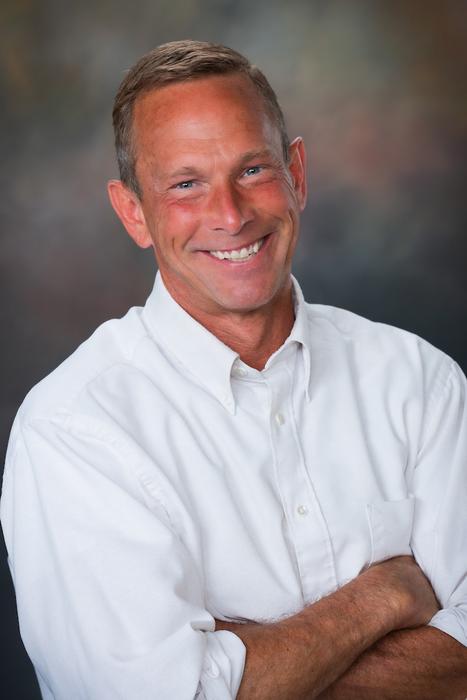AUBURN, Ala. – Auburn University mathematics professor Henry “Hal” Schenck has been named a 2023 fellow of the American Association for the Advancement of Science, or AAAS, the world’s largest general scientific society and the publisher of the prestigious journal Science.

Credit: Auburn University College of Sciences and Mathematics
AUBURN, Ala. – Auburn University mathematics professor Henry “Hal” Schenck has been named a 2023 fellow of the American Association for the Advancement of Science, or AAAS, the world’s largest general scientific society and the publisher of the prestigious journal Science.
Honoring a 150-year tradition, the AAAS Council elects a new cohort of scientists, engineers and innovators as fellows each year. The selected faculty researchers are recognized for their significant contributions and impactful applications across both scientific and social realms. Determined by peers, selection as an AAAS Fellow is one of the most prestigious distinctions within the scientific community; less than one percent of AAAS members receive the honor annually.
“Professor Schenck is an outstanding scholar whose work has significantly advanced the field of mathematics,” said Auburn Provost Vini Nathan. “His scholarly contributions in computational algebra have opened new realms of mathematical discovery, while enriching both undergraduate and graduate education at Auburn and internationally.”
Last fall Schenck, the Rosemary Kopel Brown Chair in the Department of Mathematics and Statistics, taught Calculus III to over 500 Auburn students—the majority of the sophomore engineering class, and in spring of 2023, he was one of twelve scientists from around the world selected for a Leverhulme Visiting Professorship. He spent the visit working with collaborators at University of Oxford on understanding systems of oscillators: why do swarms of fireflies sometimes begin flashing in unison?
A US Army veteran and active Auburn Student Veteran Association member, Schenck has held faculty positions at Auburn University, Iowa State University, the University of Illinois, and Texas A&M University. He holds an undergraduate degree from Carnegie Mellon University and a master’s and a doctoral degree from Cornell University. Asked to comment on the award, Schenck said “I’ve been fortunate throughout my career to have terrific collaborators and students; the recognition from AAAS is an award to them.”
###



